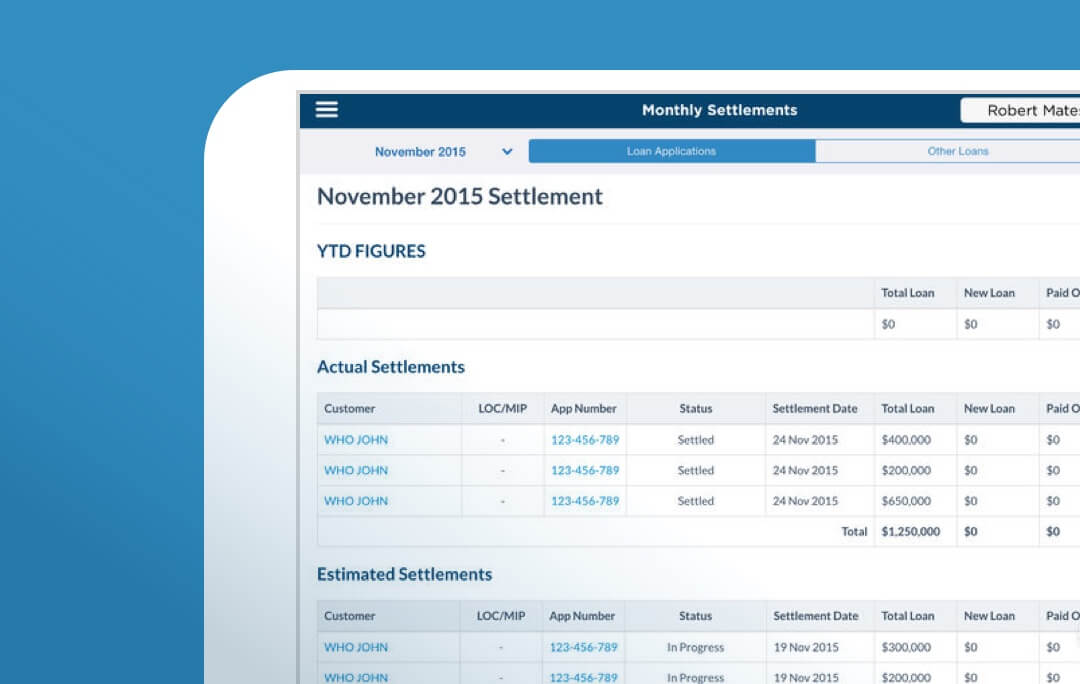API Development and Integration
At Sentia we source and integrate the best tools possible to create a seamless user experience.
- SDK
- API Integration
- API Development
- Payment Gateway Integration
- Third Party API
- Maintenance
What is API Development and Integration?
An Application Programming Interface is a tool that receives requests from applications and sends the appropriate response. It uses a set of specific standards, protocols and tools that allow one app to access another app or platform. What that means is that an API is a go-between that allows two applications to communicate. In this way, apps have a more complete range of functionality and service because an API has delivered the rules that specify how components should interact.
For Customer Relationship Management (CRM), marketing and others actions, the most common API you will find is the Representational State Transfer AP or REST API. In fact, at least 70% of public API’s are REST API’s. They offer more flexibility, work directly from an HTTP URL rather than relying on XML and offer a gentler learning curve for developers.
In the most stripped-down context, REST API’s usually involve your web-based API-enabled application, a remote server, a specific data request, and finally the returned data or function. There are many varieties of web-based application and servers, however REST API’s act as a standardised method for your API-enabled applications to successfully ask for the information they need.
The team at Sentia is experienced with third party integration of existing API’s, whether simple or complex. And also in building customised API’s that satisfy the requirements of your project.
Benefits of API
Our API specialists have extensive experience in providing API development and integration services; using C, C++, Java, Python and PHP to create API’s that are powerful, secure and easily maintainable. Our most requested API integration service is for e-commerce and we have years of experience building e-commerce applications that feature shopping carts and payment gateway integration with providers that include Braintree, eWay, PayPal, Pin Payments and Secure Pay.
Our API integration services also include working with other popular API’s such as Google API’s, Social Media API’s (Facebook, Instagram, Twitter, LinkedIn and others), Marketplace API’s (eBay, Amazon) along with a whole list of others. We can also combine different API’s to provide the functionality you’re looking for or build a completely custom API integration platform if necessary.
Our custom API’s facilitate more robust businesses by providing access to application data, functionality and business logic, as well as web services. Our API integration company has years of experience in successfully building API’s suited to your specific project, that offers high performance and complete security, no matter the industry. Our developers use the most current methods to provide data processing in a variety of programming languages.
In short, creating functionality that is seamless and secure for both you and your customers is what we do. And we have seen businesses transform their services and open up other revenue streams by creating well-designed APIs to serve their purposes. Using an API doesn’t just simplify programming, it enhances your users' experience by enabling control over different applications possible. Today, all advanced applications can be improved through the use of custom API’s.
Why You Need an API Integration Platform
To connect cloud apps
There are hundreds if not thousands of cloud-based apps in existence today. Just think about how many companies are using Google Apps and/or Office 365 alone. And API’s are the standard when it comes to connecting could applications. What this means is that if you want to connect today’s modern cloud API’s, then you need an API integration platform developed in the cloud.
To quickly and easily create new API’s
If you needed an API in the past, you had two main options. You could use one of the more than 165000 API’s in existence, or you could build your own custom API from scratch. Both of these options are problematic, as an existing API may be limited in its functionality and/or use, and building one from scratch is seriously difficult and expensive.
Thankfully, this dilemma is no more. With an API integration platform, you now have a third option. By simply clicking a few buttons you can create a completely new API from an existing framework. And that doesn’t just save you time, it also saves you money because it fully leverages the technological investments you have already made.
To build new apps with ease
Did you know that at their core, many of the most popular apps in use today are constructed using existing technologies that are linked together using API’s? Two well-known examples of this are Instagram and WhatsApp. The technology used was already available -- such as photo filters and encrypted chat functions -- but by using API’s, developers were able to package this technology in a completely new way.
Simplified management and maintenance
Even if you are using an API developed by an outside party, keeping an eye on and maintaining that API falls on you. This can be time-consuming, especially if you are outsourcing your web development and IT services. With an API integration platform, this administrative burden is reduced. By gathering all your deployed and created API’s in one place, the management, security and maintenance of all interfaces is simplified.
Some Popular API’s And What They Do
Google Maps API
Taking a lot of the credit for the growth in popularity for public API’s is Google Maps. You'll find Google Maps on millions of websites and the app has become the standard for embedding locations. You can use it to explore different places, visualise search results as markers on a map, or to plot a route between multiple points.
There are other map API’s that offer similar functionality, but none match the quality of the results that Google Maps provides.
Twitter and Facebook
These two need no introduction at all. With over 1 billion active users, there’s a strong chance your visitors have a Facebook account. Twitter is not quite as popular, but there is no arguing with the immediate nature of this social media platform. You can use both of these for social logins and sharing, and Facebook also enables monetisation.
MailChimp and SendGrid
Millions of marketers are already using MailChimp as part of their email marketing strategy, so integrating it with your website simplifies your marketing from the very beginning. It’s a relatively easy-to-use bulk mailing option with fantastic email building, triggered response and subscriber management tools built-in.
SendGrid works with transactional emails such as receipts, password resets and account notifications. It sends a single email at a time to a single recipient and so is different from bulk email providers. If your website has user accounts or e-commerce options then a service like SendGrid is essential.
Work With Sentia Today
Sentia offers world-class API development and integration services for both standard and custom API’s. This enables them to link with a variety of third-party applications and websites. Through this service, we help our clients streamline their business processes, connect with their customers more effectively, and achieve better customer service.
If you’re unsure of what API’s your business may need to achieve your objectives and simplify dozens of daily tasks, then contact us to find out which API’s are best suited for you. We will assist with the integration of third-party API’s or work with you to develop a custom API that does exactly what you need with minimal fuss.

















